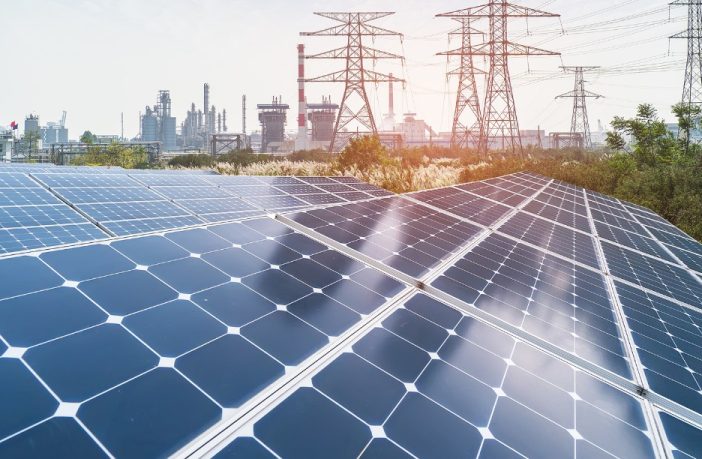- The government of Nigeria has officially launched its Energy Transition Plan and has said it will require $10 billion to realise its plan.
Speaking at the virtual launch of Nigeria’s Energy Transition Plan – a roadmap to tackle the dual crises of energy poverty and climate change – Vice President, Professor Yemi Osinbajo declared that Nigeria will seek $10 billion from international partners to fund the nation’s new Energy Transition Plan.
Osinbajo stated that Nigeria is currently engaging with partners to secure an initial $10 billion support package ahead of COP27 along the lines of the South African Just Energy Transition Partnership announced at COP26 in Glasgow.
“Nigeria would need to spend $410 billion above business-as-usual spending to deliver our Transition Plan by 2060, which translates to about $10 billion per year,” explained Osinbajo.
According to him, Africa’s increasing energy gaps require collaboration to take ownership of the continent’s transition pathways and the action should be decisive and urgent.
“For Africa, the problem of energy poverty is as important as our climate ambitions. Energy use is crucial for almost every conceivable aspect of development. Wealth, health, nutrition, water, infrastructure, education, and life expectancy are significantly related to the consumption of energy per capita.”
The Vice President highlighted the significant scale of resources required to attain both development and climate ambitions.
“The average $3 billion per year investments in renewable energy recorded for the whole of Africa between 2000 and 2020 will certainly not suffice,” he added.
Making reference to the Nigeria Energy Transition Plan, the Vice President said the plan was designed to tackle climate change and deliver SDG7 by 2030 and net-zero by 2060, while centering the provision of energy for development, industrialisation and economic growth.
In support of the Energy Transition Plan the Vice President also announced the launch of a programme aimed at solar energy providers, which will run under the Sustainable Energy For All-run Universal Energy Facility.
The Stand-Alone Solar for Productive Use programme is a results-based finance programme specifically aimed at scaling up electricity along productive use of energy principles. The Universal Energy Facility will provide grant payments to enable solar companies to expand their operations to small and medium-sized enterprises across Nigeria, while crowding in additional private capital.
Speaking on the effects of climate change in Africa, Osinbajo explained that “climate change threatens crop productivity in regions that are already food insecure, and since agriculture provides the largest number of jobs, reduced crop productivity will worsen unemployment.
“It is certainly time for decisive action, and we just cannot afford to delay. African nations are rising to the challenge. All African countries have signed the Paris Agreement and some countries, South Africa, Sudan, Angola, and Nigeria have also announced net-zero targets.”
“The current lack of power hurts livelihoods and destroys the dreams of hundreds of millions of young people. And although Africa’s current unmet energy needs are huge, future demand will be even greater due to expanding populations, urbanisation and movement into the middle class.
“It is clear that the continent must address its energy constraints and would require external support and policy flexibility to deliver this. Unfortunately, in the wider responses to the climate crisis, we are not seeing careful consideration and acknowledgement of Africa’s aspirations.”
“We developed our Energy Transition Plan to engage with the rest of the world in a serious, thorough and data-backed manner. There is a clear need for African nations to engage more critically and vocally in conversations on our global climate future.
“More importantly, we need to take ownership of our transition pathways and design climate-sensitive strategies that address our growth objectives. This is what Nigeria has done with our Energy Transition Plan,” he said.
Other speakers at the event commended Nigeria’s leadership and pioneering role in the region, emphasising the need for data-driven country-level energy transition plans that recognise the unique pathways each country would need to take in order to achieve a just, inclusive and equitable energy transition for all.
Author: Nomvuyo Tena
Nomvuyo Tena is a Content Producer at Vuka Group and is as passionate about the energy transition in Africa as she is about music and Beyonce.
This article was originally published on ESI Africa and is republished with permission with minor editorial changes.
















